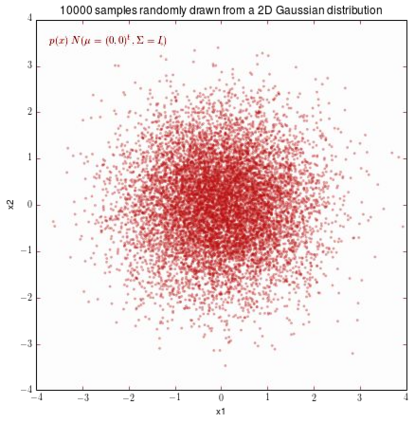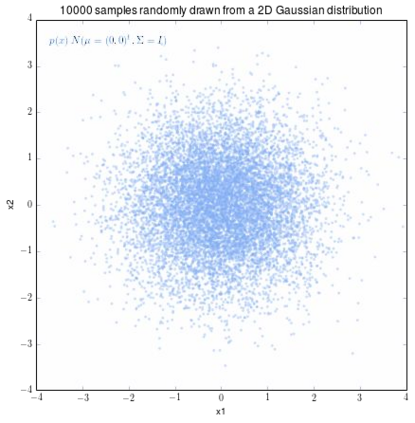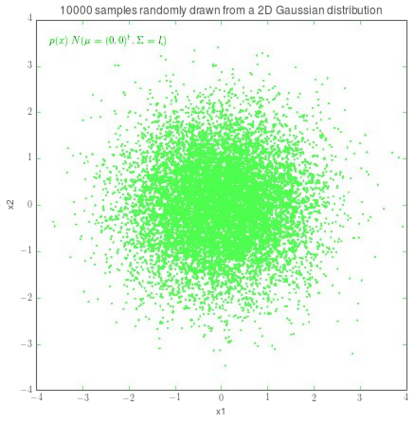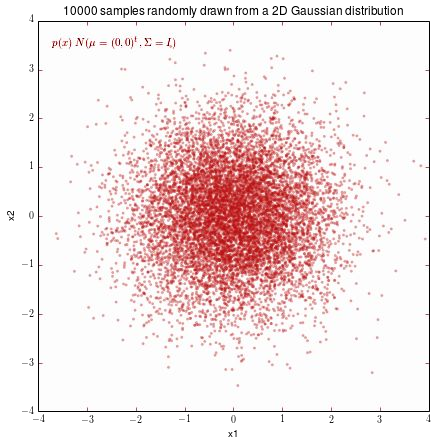Practical sequence classification tasks in natural language processing often suffer from low training data availability for target classes. Recent works towards mitigating this problem have focused on transfer learning using embeddings pre-trained on often unrelated tasks, for instance, language modeling. We adopt an alternative approach by transfer learning on an ensemble of related tasks using prototypical networks under the meta-learning paradigm. Using intent classification as a case study, we demonstrate that increasing variability in training tasks can significantly improve classification performance. Further, we apply data augmentation in conjunction with meta-learning to reduce sampling bias. We make use of a conditional generator for data augmentation that is trained directly using the meta-learning objective and simultaneously with prototypical networks, hence ensuring that data augmentation is customized to the task. We explore augmentation in the sentence embedding space as well as prototypical embedding space. Combining meta-learning with augmentation provides upto 6.49% and 8.53% relative F1-score improvements over the best performing systems in the 5-shot and 10-shot learning, respectively.
翻译:自然语言处理中的实际序列分类任务往往由于为目标班提供的培训数据较少而受到影响。最近为缓解这一问题而开展的工作侧重于通过在通常互不相关的任务(例如语言建模)上预先培训的嵌入式传授学习知识。我们采取了一种替代办法,即根据元学习模式,通过使用准典型网络,传授相关任务组合的学习知识。我们用意图分类作为案例研究,表明培训任务中越来越大的变异性可以大大改善分类工作。此外,我们结合元学习,运用数据扩增来减少抽样偏差。我们利用一个有条件的数据扩增生成器,直接利用元学习目标培训数据扩增,并同时与原型网络同时培训,从而确保数据扩增符合任务要求。我们探索在句中增加嵌入空间和原型嵌入空间。将元学习与增强结合起来,可以分别提供6.49%和8.53%的相对F1-核心在5点和10点学习中的最佳功能系统。









